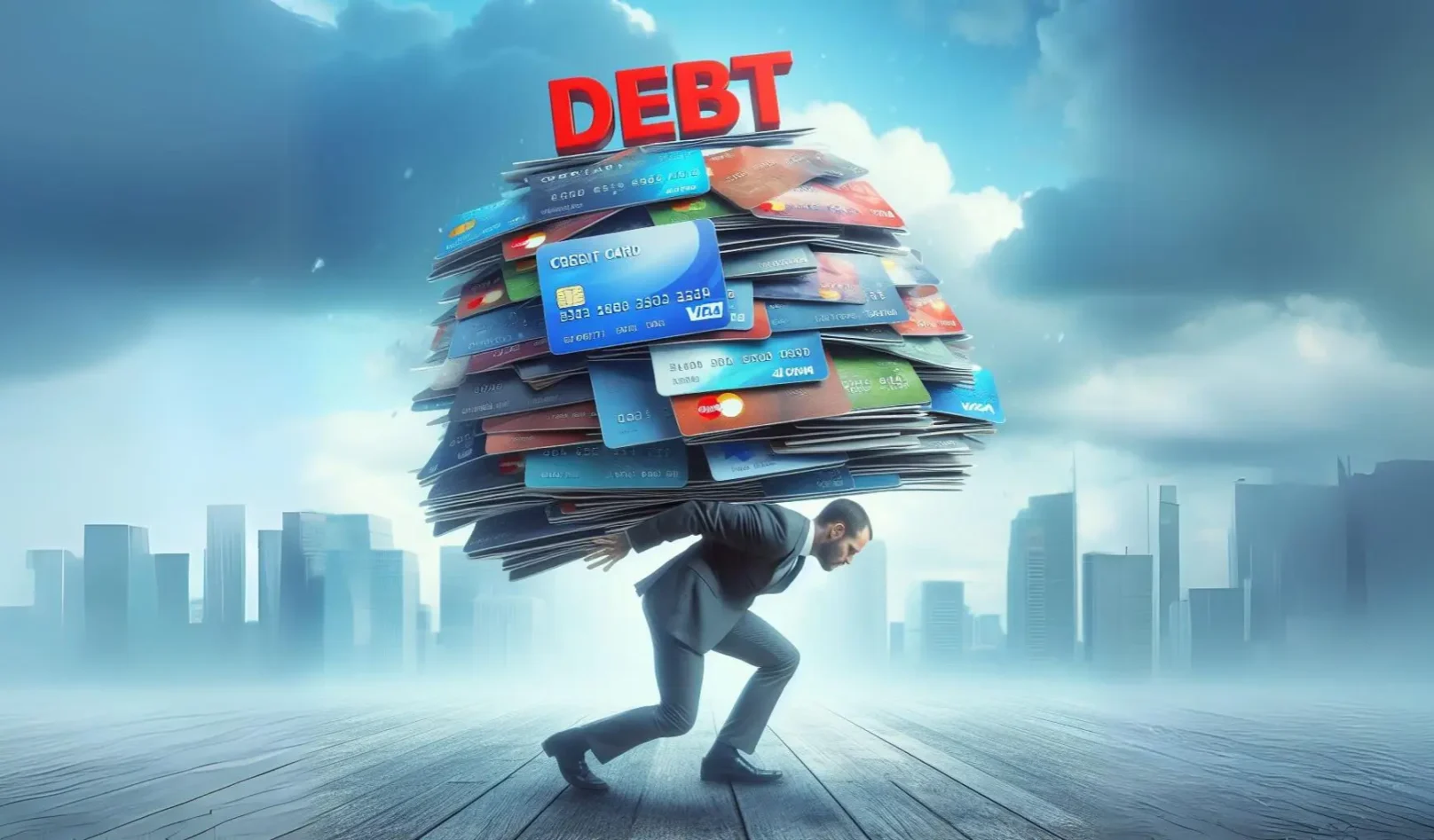
Getting out of debt is hugely important for both financial and mental wellbeing. With credit readily available, it’s easy to slide into debt without proper awareness. In this secret guide of getting out of credit card debt we will explore all the possibilities and expert insights that will make a way out for you.
Take Stock of Your Current Debt
The first step in getting out of credit card debt is to fully understand your existing debt obligations. Pull out recent statements for all your credit cards and make a list of:
- Account names
- Current balances
- Interest rates
- Minimum monthly payments
This debt overview will show you exactly who you owe money to and how much interest you’re paying.
Analyze Your Spending Habits

To find opportunities to pay off debt faster, you need to look closely at where your money is going each month.
Categorize Your Expenses
Dig into your bank and credit card statements to categorize your spending over the last 3 months. Common categories include:
- Housing (rent/mortgage, utilities)
- Transportation (car payment, insurance, gas)
- Food (groceries, dining out)
- Shopping (clothes, electronics, hobbies)
- Entertainment (streaming services, concerts, travel)
Tally up what you spend in each category monthly.
Look For Ways to Trim Spending
Are there areas where you can reasonably cut back, like dining out less or reducing impulse shopping trips? Even small reductions of $20-50 a month can add up quickly when put towards debt repayment.
Find Extra Money
Take inventory of upcoming sources of extra money like tax refunds, bonuses at work, or unused paid vacation you can cash out. Redirect these funds to make an initial debt paydown push.
Choose A Debt Repayment Strategy

With your full financial situation in view, it’s time to map out a plan to eliminate your credit card balances.
Debt Avalanche
The debt avalanche method prioritizes paying off accounts with the highest interest rates first. This saves the most money overall by reducing the total interest paid over time.
Debt Snowball
With the debt snowball, you focus on eliminating smaller balance accounts first. Paying off a card quickly can give you a sense of momentum and encouragement to keep attacking the next debt.
Make More Than Minimum Payments
To make progress, commit to paying more than the minimum payment on your targeted credit card account each month. Since minimum payments are set low (typically 2% of the balance), any extra dollars go entirely toward reducing your high-interest principal balance instead of interest.
Even adding an extra $50 a month speeds up how fast you become debt-free. Automate a larger payment for effortless progress.
Consider Consolidating Debt

If you have a good credit score but high-interest credit card balances, transferring debts to a 0% balance transfer credit card or consolidating into a fixed-rate personal loan can accelerate payoff.
Just be mindful of balance transfer fees, typically 3-5% of the amount moved over. Run the numbers to see if the interest savings outweigh the fee.
Call Creditors About Hardship Programs
Given widespread financial struggles today, credit card companies may be able to provide some relief. Ask about hardship assistance programs that could include:
- Temporarily lowered interest rates
- Waived late fees
- Modified minimum payments
It doesn’t hurt to call and inquire. Any concessions help your repayment.
Make Lifestyle Changes
Building some frugality into your lifestyle can free up extra cash to put toward debts.
- Negotiate bills for internet, phone, insurance, etc.
- Declutter your home and sell unwanted items
- Pick up a side gig like rideshare driving
- Rent out extra space on Airbnb
- Have a yard sale or sell handmade goods
Limit spending on wants and focus on needs until you’re debt-free. Any extra income should go straight to paying off debts.
Consider Debt Settlement or Bankruptcy
If your debt still feels utterly unmanageable after trying these tactics, debt settlement or bankruptcy could provide more drastic relief:
- Debt Settlement: Negotiate directly with creditors/collectors to pay a lump sum lower than what you owe. Major credit score implications.
- Bankruptcy: Court process to eliminate eligible debt under Chapter 7 or restructure debt under Chapter 13. It Will severely damage credit for years.
Meet with a professional to see if these options make sense for your unique situation.
Stay Motivated
Paying off debt takes persistence. Here are tips to stay focused:
- Set a debt freedom deadline you’re working towards
- Track progress to see balances decreasing
- Involve family/friends for encouragement
- Reward milestones with experiences, not things
- Remind yourself why getting out of debt matters
With concerted effort over time, you can liberate yourself from credit card debt!
FAQs
How long will it take to pay off $20000 in credit card debt?
Time to conquer credit card debt depends on a three-ring circus: the size of the debt’s big top, the firebreathing interest rate, and your monthly tightrope walk of payments. It will approximately take 42 to 50 week to pay $20000. The bigger the debt, the fiercer the interest, the slower your progress.
How Can You Get Out of Credit Card Debt Without Paying?
It’s important to prioritize responsible debt management over simply avoiding payment, as unfulfilled obligations can lead to significant legal and financial repercussions.
Is there a credit card forgiveness program?
True credit card forgiveness programs, where issuers completely wipe away your debt without any payback, are extremely rare. However, several options offer similar benefits:
- Hardship programs
- Debt settlement
- Bankruptcy
